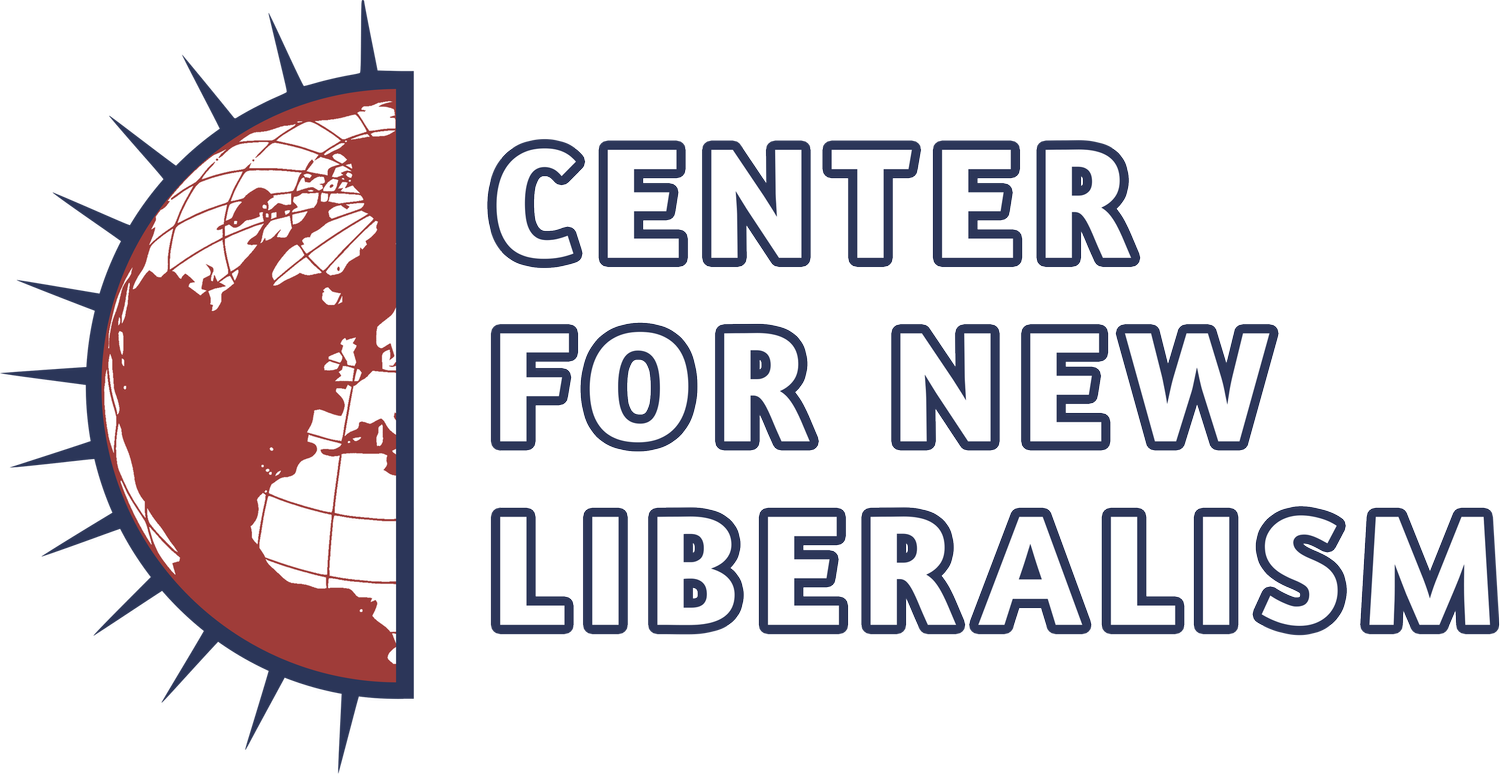Let the Hongkongers in
When the United Kingdom handed Hong Kong over to mainland China in 1997, the agreement was that China would not impose its communist system on Hong Kong for 50 years. Described as “one nation, two systems,” Hong Kong would be allowed to have its own government, legal system, trade relations, and economy distinct from communist China. However, since the handover, China has progressively chipped away at Hong Kong’s freedoms in violation of Hong Kong Basic Law. Such infringements have included a 2016 incident in which several democratically elected legislators were expelled from the Legislative Council for holding pro-independence views, numerous kidnappings of Hongkongers by mainland Chinese operatives and recently the enacting of legislation that threatens life in prison to Hongkongers who subvert Chinese rule of the city.
The international community is taking steps to provide protection to the Hongkongers. The United Kingdom has said that nearly 3 million Hongkongers would be able to come to the UK with a path for citizenship. Australia has announced that it is working on a plan to provide a safe harbor for Hongkongers fleeing the city, including a plan which would allow the 17,000 Hongkongers currently in Australia on temporary visas to remain in the country following the expiration of their visas. In the United States, Rep. John Curtis and Sen. Marco Rubio have introduced the Hong Kong Safe Harbor Act which designates Hongkongers as refugees, lifts refugee caps on fleeing Hongkongers and allows Hongkongers who have had certain roles in the protests (approximately 15,000 Hongkongers) to seek immediate asylum in the United States.
Not Far Enough
Unfortunately, none of these proposals go far enough in offering a safe destination for all Hongkongers to flee to. The United States’ Hong Kong Safe Harbor Act only provides immediate relief to approximately 15,000 Hongkongers, leaving the rest of the city’s residents to go through the refugee system, a slow system in normal times which has only settled 300 refugees since the COVID-19 pandemic began in March. As part of a new policy brief from the Center for New Liberalism, there is another plan.
Building off Rep. Curtis and Sen. Rubio’s legislation, the presumption of immigrant intent waiver should be extended to all Hongkongers. Currently, most travelers who require a visa to visit the United States must prove that they do not intend to immigrate to the United States as part of their trip. Individuals are presumed to have immigrant intent until proven otherwise. Expanding the waiver of this presumption to all Hongkongers – not just those directly involved in the protests – will expedite the time it takes them to come to the United States, remove the need for Hongkongers to go through the lengthy refugee application process, and possibly prevent a humanitarian disaster in the city.
Further, the United States should waive the credible fear interview for Hongkongers arriving in the United States. Asylum seekers must undergo a credible fear interview to determine whether they are sent back to their home country following their arrival in the United States. The mere existence of the national security law should constitute a credible fear, and Hongkongers therefore should be allowed to stay in the country. After this, Hongkongers should be paroled and be able to seek immediate work authorization so that they can bring their expertise, ingenuity, and work-ethic to the American economy.
We’ve Done This Before
Finally, we should create a path for Hongkongers to become permanent residents and eventually citizens. There is precedence to this. The Cuban Adjustment Act, which passed in 1966, offers green cards to Cubans who have been United States residents for a year and one day. Like the Cuban Adjustment Act, Hongkongers, after being in the United States for one year and a day, would withdraw their initial asylum application and then apply for a green card through the program.
Just as the sheer number of Cubans who left Cuba repudiated the Castro regime, so would an adjustment act for Hongkongers do the same to the Chinese Communist Party. A mass departure of Hongkongers, or merely the threat of one, would be a clear and material rejection of mainland China’s treatment of Hong Kong. It would offer fleeing Hongkongers the assurance that if they come to the United States that they will be able to start a new life here and not be kicked out at a later date. However slim the chances may be, such a threat of a departure itself might be the catalyst to reforms within Hong Kong.
A Moral Imperative
The United States – a long-time ally of Hongkongers – must not forsake them now. While our current immigration, refugee, and asylum system is not designed to move fast in taking the Hong Kong people in, only small tweaks are needed to make America a viable safe haven for Hongkongers fleeing political oppression.
